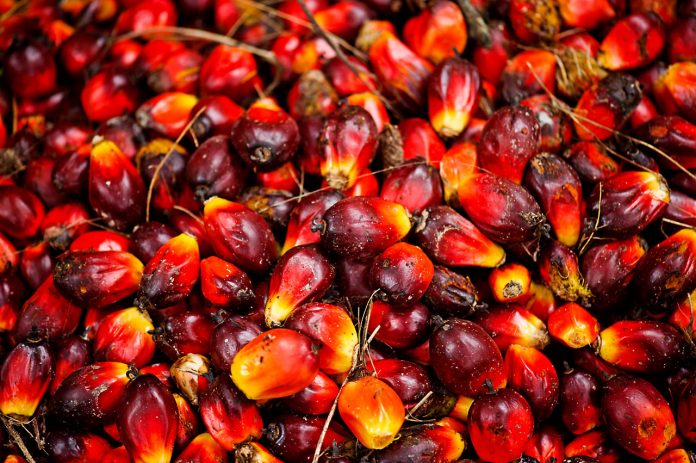Following the Central Bank of Nigeria (CBN) agenda to position Nigeria as the world’s third largest palm oil producer, stakeholders have said the industry would benefit from favourable government policies and cheaper loans.
Taking step towards the actualisation of the nation’s economic diversification agenda by shifting the focus of the successful Anchor Borrowers’ programme to the palm oil sector and accessing funds at a single digit. Rice production had taken the main benefit of the programme introduced in November 2015.
Oil Palm is currently the most consumed edible oil in the world with Malaysia and Indonesia being the top major producers. Globally, production of oil palm has continually evolved, rising from 1.2 million metric tonnes (MT) in 1964 to 73.3 million MT in 2018 based on United States Department of Agriculture (USDA) data.
Indonesia (41.5 million MT) and Malaysia (39.5 million MT) accounted for an average of c.80.1 per cent of global production between 2016 and 2018. Other leading producers of oil palm as at 2018 included Thailand (2.9 million MT), Colombia (1.5 million MT) and Nigeria (1.0 million MT).
In Nigeria, oil palm production and export historically contributed substantially to Nigeria’s external reserves and agricultural GDP as palm oil and palm kernels exports composed 15 per cent to 20 per cent of the country’s total exports.
The sector in Nigeria has since witnessed a downturn with contribution to global market share tapering to a meagre 1.4 percent as at 2018 according to data from the United States Department of Agriculture (USDA).
Speaking on the CBN agenda for the sector, the director-general of Lagos Chamber of Commerce and Industry (LCCI), Muda Yusuf said it is a very good move to support our self-relieves, saying that right now some of the industries that use palm oil for production do not have sufficient opportunity for local sourcing.
According to Yusuf, this kind of support will increase the opportunity for backward integration by industries especially those of them that use palm oil as source of raw material. This are the factories in the soap industry, foods and beverages industry, among others.
“It is a step in the right direction, but there is need to look at other major bottleneck affecting the sector address it for the country to have a vibrant palm oil industry.”
Analysts at Afrinvest Limited noted the several internal and external constraints to growth within the industry that include the multiplicity of small holder farmers (SHFs), the huge working capital requirements restricting new investments, the sparse distribution of skilled and knowledgeable agricultural personnel across the country and Nigeria’s large infrastructural deficit.
They highlighted some external risk factors that include Nigeria’s participation in AfCTA and the ongoing threat posed by backward integration programmes by local off-takers in the industry.
They opined that improving the industry’s knowledge gap via focused recruitment, training of extension workers, aggregating SHFs’ production as well as privatising Nigerian Institute for Oil Palm Research (NIFOR) may, however, catalyse industry growth and productivity.
Also, analysts at United Capital Plc stated that “Looking into 2019, we expect players to continue to benefit from favorable government policies and cheaper loans, as we see room for further production expansion.”
They pointed out that the outlook for global crude palm oil (CPO) price is relatively favourable for the local players as droughts recorded in key producing areas in Indonesia and Malaysia in second half of 2018, are expected to drag global supply.
The chief operating officer of InvestData Consulting Limited stated that palm-oil sector is capital-intensive, finance schemes are critical to enabling and advancing palm-oil production.
They explained that oil-palm growers typically wait four to six years to recover their investment and establishing mills and refineries also requires considerable outlays.
He noted the narrative on agriculture is gradually changing, and the sector has the potential to become the economy’s new backbone.
According to Omordion, over the past four years, agriculture has posted uninterrupted quarterly growth, with crop production emerging as the leading contributor to the sector, saying that oil palm, a cash crop, falls within this segment.
He added that aside from increasing domestic supply of palm oil products, which could reduce pressure on the country’s import bill, this crop can provide substantial forex revenues via exports.










